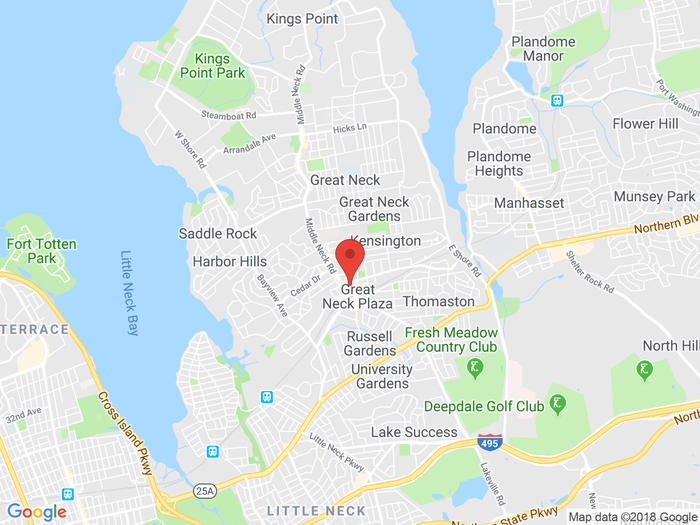Blog
Are you brushing your teeth wrong?
We all know that brushing our teeth is one of the most important things we can do to maintain our dental health. But did you know there is a right and wrong way to brush your teeth?
Keep reading to learn about the importance of brushing your teeth and the right and wrong way to do it.
Why is teeth-brushing important?
Every day, we eat many different foods and drinks that can damage our gums and teeth if we don’t take the time to clean them properly. Eating and drinking cause plaque to build up on our teeth, which can cause cavities, tooth decay, and gum disease.
Though these issues are treatable in most cases, it’s scientifically proven that poor oral health is linked to some cancers, heart disease, and even more severe cases of COVID-19.
On a less serious note, failing to care for your dental health can lead to yellowed teeth and bad breath. That’s reason enough to brush for your pearly whites!
What are some common teeth-brushing mistakes?
There are a few common teeth-brushing misconceptions that you should rethink to take better care of your teeth. Here are the most common mistakes:
Using a hard-bristle brush
You may think a hard-bristle brush would be better for removing the plaque from your teeth and strengthening your gums. However, bristles that are too hard can wear down your enamel and damage your gums. Go for an electric toothbrush with soft bristles!
Brushing too hard
Similarly to brushing with a hard-bristle toothbrush, brushing too hard can be damaging to your teeth. Brush in a circular motion with light pressure to remove the plaque from your teeth without damaging your gums or enamel.
Not brushing for long enough
An essential part of brushing your teeth is getting in every nook and cranny. That takes some time! Be sure to thoroughly clean all of your teeth, including the hard-to-get spots in the back of your mouth for at least two minutes twice a day.
Brushing too soon after eating
You might think it makes sense to brush right after you eat; however, this can do more harm than good. Right after you eat, your saliva is more acidic than usual. Brushing can rub the acid into your teeth, causing damage. It’s best to wait an hour after eating to brush your teeth.
Not replacing your toothbrush
A toothbrush can lose effectiveness after 3-4 months of use. After that amount of time, a toothbrush can become germy, and their bristles can become worn out. Experts recommend replacing your toothbrush every 3-4 months or after an illness.
Not brushing your tongue & flossing
Flossing and brushing your tongue are two critical parts of your oral hygiene routine that must not be forgotten! Brushing your teeth removes the plaque and bacteria from your teeth, but what about your gums and tongue? To maintain good overall oral hygiene, you’ve got to take care of every part of your mouth.
How to properly brush your teeth
The proper tooth-brushing technique can be broken down into five steps:
- Put a pea-sized amount of toothpaste on your brush.
- Brush your teeth at a 45-degree angle in a gentle circular motion.
- Repeat on the bottom and back sides of your teeth.
- Brush your tongue.
- Spit out the toothpaste. Contrary to popular belief, you don’t need to rinse out your mouth! The fluoridated toothpaste left in your mouth will continue to protect against tooth decay.
Schedule an appointment with Dr. Liberman today!
Concerned about your oral health during the age of coronavirus? Schedule an examination with Dr. Liberman today! Proactive dental care is the best defense against cavities, tooth decay, gum disease, and other threats to your dental and overall health. To schedule an examination or learn more, contact us today!
Contact Us
Never been happier with a dentist before! The professionalism, individual care, sparkling clean office, and the range of services are amazing. Highly recommended!

